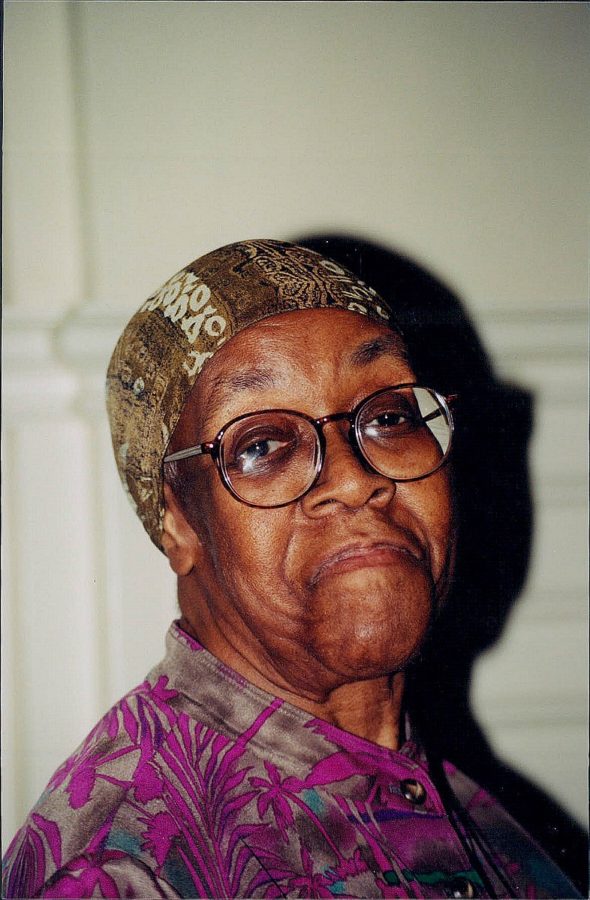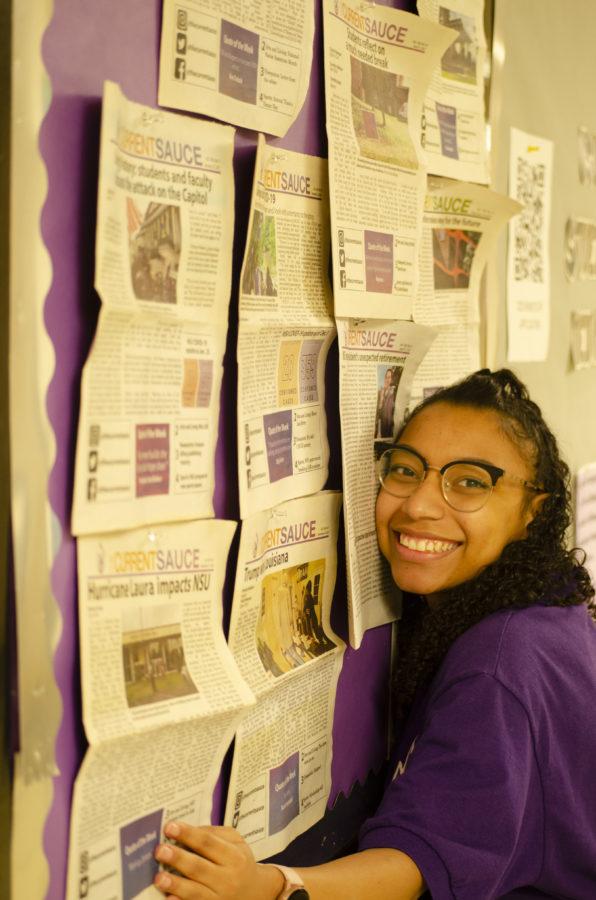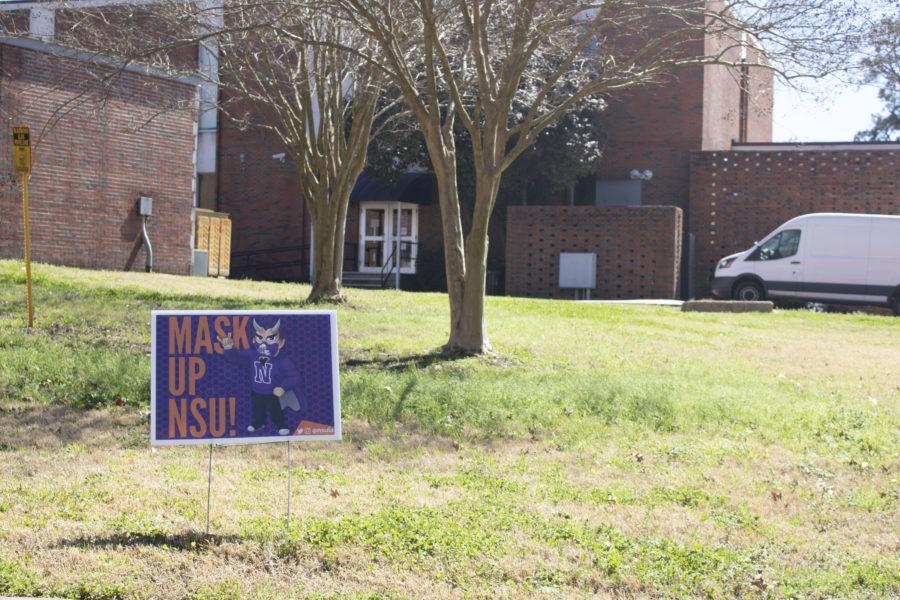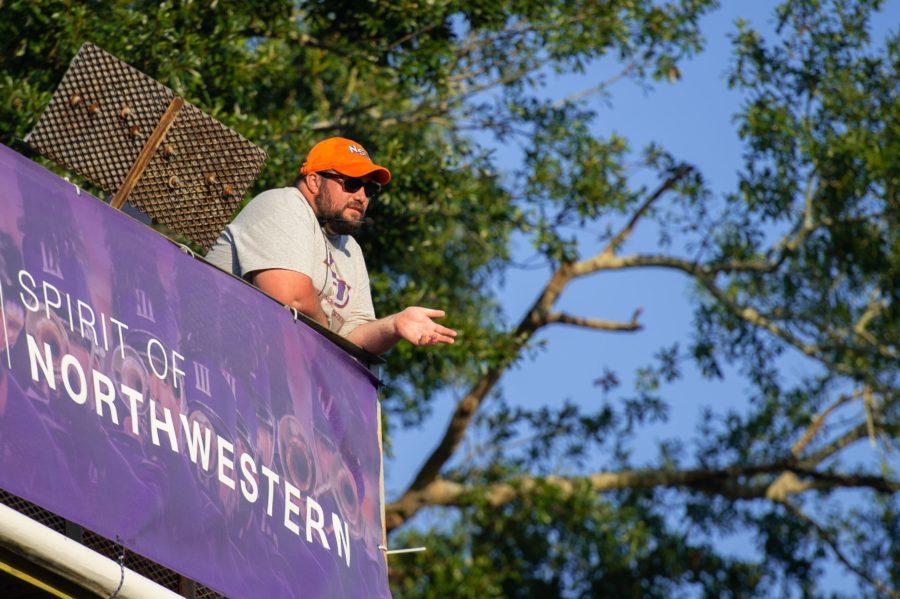Kendall Caple
Reporter
As an English major, one of my favorite things about poetry and literature is how it allows us to venture beyond the realm of our embodied experiences to become more understanding and enlightened individuals.
One such poet whose words I find myself thinking about often is Gwendolyn Brooks. Renowned for her poetry which eloquently and angrily condemns social injustice in America, Brooks’ words are just as needed today as they were 70 years ago.
Brooks is a poet whom I admire greatly, and I want to share her work and importance with my fellow Demons this Black History Month in the hopes that they too will become inspired by the poetry of this phenomenal woman.
Born in Topeka, Kansas and raised in Chicago, Brooks began to write poetry at the age of seven and would eventually go on to become the first Black person to win a Pulitzer Prize.
Brooks was awarded the 1950 Pulitzer Prize for poetry for her second book of poems, “Annie Allen,” which was published in 1949.
Throughout the entirety of her career as a writer, Brooks’ poetry concentrated on portraits of the ordinary aspects of Black life, Black experience and Black rage. She stressed the subversive morality of isolated people and the complex lives of Black women.
The lines of Brooks’ poetry can be described as having a stressed vocabulary that features strongly rhymed lines with great deals of alliteration.
In one of her most renowned poems, “We Real Cool,” Brooks uses the voice of an adolescent Black male to highlight America’s prejudices regarding race, class and Black identity.
The poem is centered around a group of seven teenagers who decide to skip school in favor of playing pool at the local hangout, The Golden Shovel. But rather than critique the teenagers for their rebellious actions, Brooks instead criticizes the biased American education system.
The pool players were not skipping school because they thought they were too good for it; they are the Black youth that have been oppressed by society. They gave up on school because school gave up on them first. The system would never embrace them like it had the white students.
The youth at The Golden Shovel are lost. They do not know what the world wants from them, and as Black people they do not know where their futures are headed. The Golden Shovel is a safe place for the pool players because it provides them a freedom that neither a classroom nor America itself could– the ability to be themselves without having to conform to the standards of society.
Fellow famed writer Alice Walker once said that if there was ever born a poet, it was Brooks. Brooks’ poetry reminds us that nobody should be considered invisible to the world and that everybody should be entitled to the development of their personal identities.
From her focus on Black experience, identity and unity, Brooks’ poetry provides her audience a deeper insight into the daily injustices and racism found in America and how amongst it all Black people will always find a way to ensure that the world hears the strength of their voice.
——————————————————————————————————————–
“We Real Cool” (1959)
The Pool Players
Seven At The Golden Shovel.
We real cool. We
Left school. We
Lurk late. We
Strike straight. We
Sing sin. We
Thin gin. We
Jazz June. We
Die soon.


























